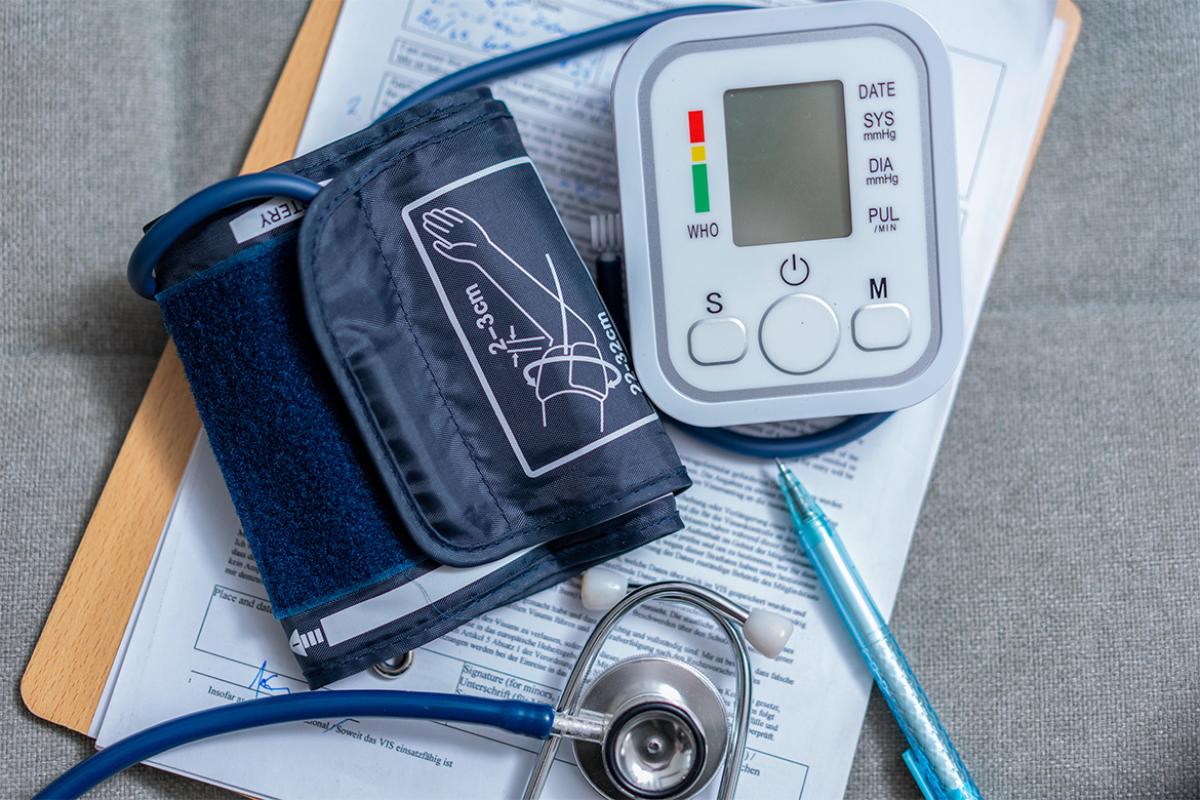Read AMA Morning Rounds®’ most popular stories in medicine and public health from the week of April 22, 2024–April 26, 2024.
FTC votes to ban noncompete agreements for most workers
The Washington Post (4/23, A1, Mark) reports on Tuesday, the FTC “banned noncompete agreements for most U.S. workers, a move that will affect an estimated 30 million employees bound by contracts that restrict workers from switching employers within their industry.” The FTC “voted 3-2 to issue the rule, with commissioners in the majority saying they saw a mountain of evidence that noncompete agreements suppress wages, stifle entrepreneurship and gum up labor markets.” This “new rule makes it illegal for employers to include the agreements in employment contracts and requires companies with active noncompete agreements to inform workers that they are void.”
STAT (4/23, Bannow, Subscription Publication) reports these “changes may not take effect for years—if they ever do—because the contentious rule will almost certainly be held up in litigation.” The article says, “Crucially for the health care industry, the noncompete ban does not apply to nonprofit companies, as the FTC determined it only has jurisdiction over for-profit companies.” This “means the ban likely won’t apply to most of the country’s hospitals, the majority of which are nonprofit, and some of the country’s biggest health insurers.” However, there is one exception. “The final rule holds that if a tax-exempt company is organized in a way that seeks to drive profit to its members, the FTC can treat that company as for-profit and make it subject to the ban. That could include certain cases where nonprofit hospitals have relationships with for-profit physician practices.”
UnitedHealth says hackers stole health, personal data of potentially “substantial proportion” of Americans
Reuters (4/22, Mishra, Siddiqui) reports, “UnitedHealth Group said on Monday that hackers stole health and personal data of potentially a “substantial proportion” of Americans from its systems in February, as the largest U.S. health insurer scrambles to contain the damage.” The “theft on Feb. 21 occurred despite a ransom payment.” Although “a full analysis of the breached data would take ‘several months,’ there is no evidence to suggest that doctors’ charts or full medical histories of individuals were stolen, UnitedHealth said.”
Clinicians still grappling with fallout from Change Healthcare cyberattack
KFF Health News (4/19, Liss) reported, “Two months after a cyberattack on a UnitedHealth Group subsidiary halted payments to some doctors, medical [professionals] say they’re still grappling with the fallout, even though UnitedHealth told shareholders on Tuesday that business is largely back to normal.” However, “‘We are still desperately struggling,'” one private practice therapist told KFF Health News, characterizing the impact of the attack as “way more devastating than COVID ever was.” Meanwhile UHG “reported that the hacking has already cost it $870 million and that leaders expect the final tally to total at least $1 billion this year. To put that in perspective, the company reported $99.8 billion in revenue for the first quarter of 2024, an 8.6% increase over that period last year.”
Applying neomycin ointment in the nose might protect against invading respiratory viruses
HealthDay (4/23, Thompson) reports, “A fingerful of Neosporin antibiotic swabbed inside your nose might help you fight off a range of invading respiratory viruses, a new study claims.” Neomycin “ointment triggered a swift immune response from genes in the human nose that serve as a first line of defense against invading viruses,” including flu and COVID-19, “researchers reported April 22 in the Proceedings of the National Academy of Sciences.”
FDA approval of Wegovy to lower stroke, heart attack risk makes around 3.6M Medicare patients with overweight, obesity eligible for coverage, study finds
Reuters (4/24, Sunny) reports, “About 3.6 million overweight or obese patients with heart conditions insured under the U.S. Medicare program could be eligible for coverage of Novo Nordisk’s weight-loss drug Wegovy, a study published by Kaiser Family Foundation (KFF) showed on Wednesday.” The FDA approved the drug “last month for lowering the risk of stroke and heart attack in overweight or obese adults who do not have diabetes.” The green light in this indication “would potentially allow just over a quarter of the 13.7 million Medicare beneficiaries diagnosed with heart disease and obesity to use Wegovy, the KFF study showed.”
AMA Morning Rounds news coverage is developed in affiliation with Bulletin Healthcare LLC. Subscribe to Morning Rounds Daily.
Table of Contents
- FTC votes to ban noncompete agreements for most workers
- UnitedHealth says hackers stole health, personal data of potentially “substantial proportion” of Americans
- Clinicians still grappling with fallout from Change Healthcare cyberattack
- Applying neomycin ointment in the nose might protect against invading respiratory viruses
- FDA approval of Wegovy to lower stroke, heart attack risk makes around 3.6M Medicare patients with overweight, obesity eligible for coverage, study finds



